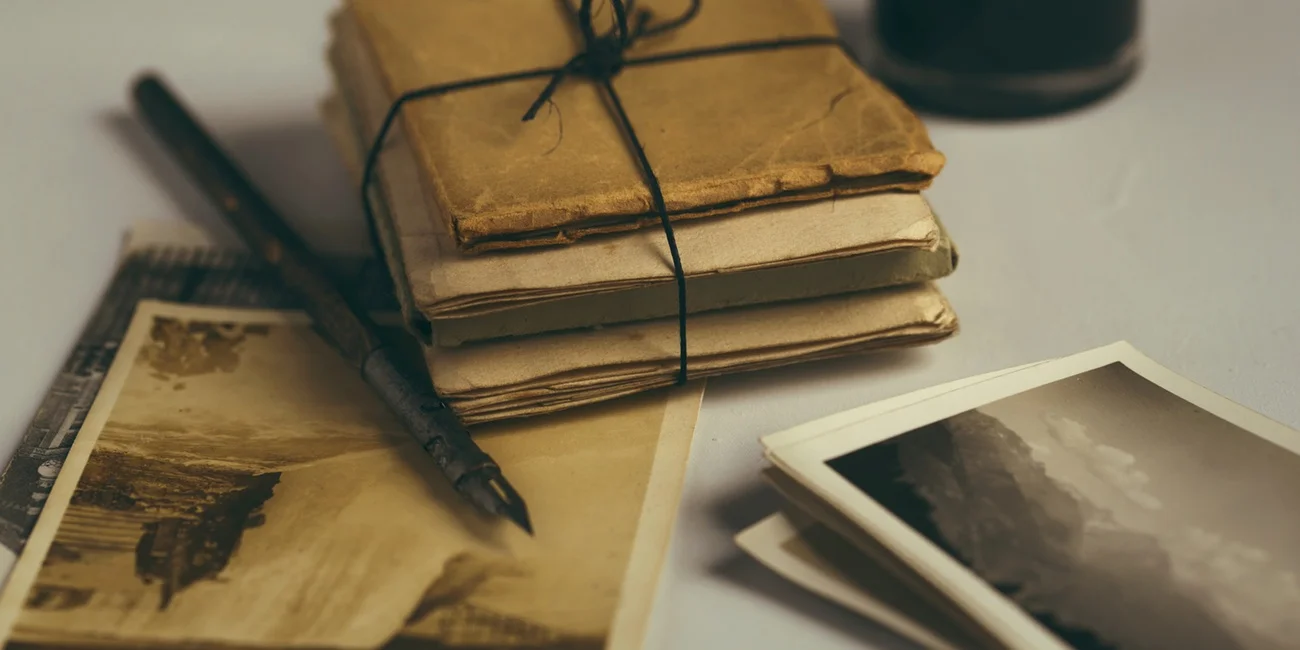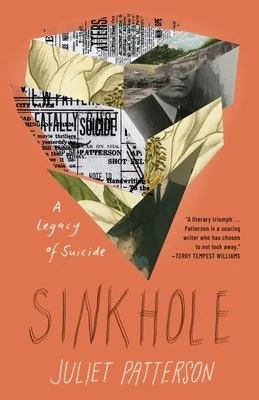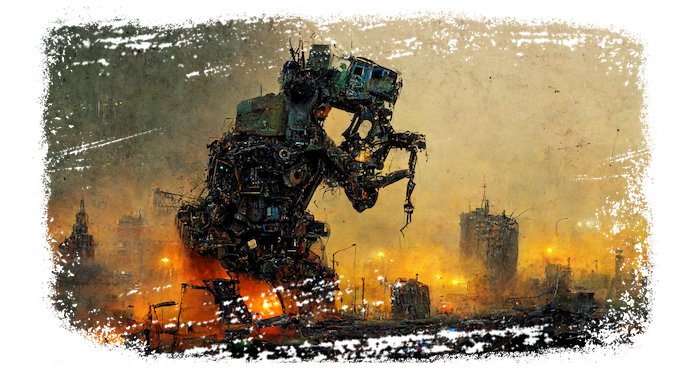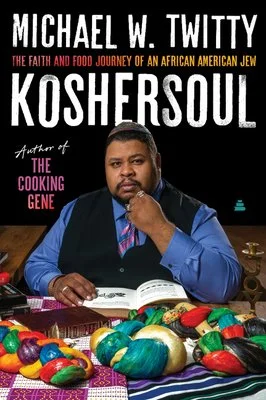How to Be the Writer You're Meant to Be
Source: unsplash
Sometimes childhood dreams can actually hold you back.
The world tells you to "follow your dreams" and "you can be anything you want to be," which is all well and good until you realize you've been dreaming the wrong dream. I know this from experience because I've been dreaming the wrong dream for 20 years.
But this isn't one of those stories. This isn't some sad story about how I missed opportunities that I'll regret the rest of my life. This is a story about how I learned I don't have to hold fast to dreams I made in the past if they don't fit the person I've become.
Ever since I was a little girl, I've dreamed of writing a New York Times bestselling novel. I started writing as soon as I could hold a pencil in my hand and make lines that somewhat resembled letters. I figured that as much as I loved to read fiction, it only made sense for me to write a novel.
Once I had the dream of writing a New York Times bestselling novel, no other dream would do. I'd spend hours writing novel drafts only to read them a week later and hate them. I wrote a 20,000-word draft on my family's old Gateway computer as an 11-year-old, only to read it and decide that my plot---a meteor hurling straight toward earth and no one knowing about it except a psychic teenage girl---was too unrealistic. I should mention here that I'd never read any YA sci-fi or fantasy, which could have prevented my emotional meltdown where I deleted the entire thing one line at a time using the backspace key.
I told myself that I'd have my New York Times bestselling novel by the time I graduated high school or else I was a "failure." I'd recently heard about Christopher Paolini, the young author of Eragon, the first book in a series of YA fantasy about dragons, who had become an NYT bestselling author at nineteen. I thought, if he can do it, so can I.
At the time, I thought that mantra was empowering: "if he can do it, so can I". I didn't expect it to haunt me and guilt trip me for years.
It didn't occur to me to read up on Paolini's history either. Having been homeschooled, he graduated high school at age 15 and spent the next four years living at home and writing his novels with minimal outside responsibilities. So at the dawn of my senior year of high school, when I had nothing but a folder of short stories and no novel-worthy ideas, much less a draft, I was crushed.
I told myself that I'd have my NYT bestselling novel by the time I graduated college. What I didn't realize was just how little time I'd have to do anything in college, especially when I was overloading on courses and working 25 hours a week. I was running on 5 or less hours of sleep a night and crashing until 2pm on the weekends.
I did take five creative writing classes and spent over three semesters working with a long-suffering professor who saw my novel blossom from a 150-word character sketch to a 60,000-word behemoth. Although it became clear I wouldn't have my draft whipped into shape and on an agent's desk by the time I graduated college, I gave myself a new goal: edit this and become a NYT bestselling author by 25.
This brings me to today, just a few days before my 25th birthday. My novel remains unfinished.
I could hate it. I could look into the eye of inspiration and turn my back on it for not giving me the "good" ideas. I could look at my own self in the mirror and ask why I didn't keep beating that draft until it was malleable enough to form into something worthwhile. Or I could look at my draft and accept that it was good practice and that rarely does anyone become a NYT bestselling author from the very first draft they write.
I was furious at myself, my lack of creativity, at everything because I hadn't yet achieved my dream and I wasn't confident I ever would. I looked at my 54 notebooks where I filled diaries for over 10 years. I looked at my first blog, the skeleton of which still haunts the closets of the internet, that I kept for 2.5 years. I looked at the 200+ articles I'd written for various publications since 2009...
Wait a minute.
Diaries. Blog. Journalism. I'd never realized this before: The writing I read most often was fiction. But the writing I practiced most often was nonfiction.
It's a simple epiphany, but one that released a mound of pressure from my shoulders. I had spent so much of the past 20 years berating myself for not having written a novel that it hadn't occurred to me that I could even write nonfiction. Therefore it hadn't occurred to me that I could potentially become a NYT bestselling author for my nonfiction. I realized that sometimes when we focus so hard on our childhood dreams, we ignore the other possibilities for that dream to manifest in our lives.
Do I have some fantastic nonfiction book in the works or even an idea for one? Nope. But at least now I'll be open to the possibilities. Nonfiction is not lesser than fiction as my younger self would have me believe. And maybe this is the writer I was meant to become.
Am I a failure? By some accounts, yes. I had a dream for 20 years and I modified it, if not gave up in part. But am I a failed writer? Absolutely not. I'm writing more than ever and I'm taking my nonfiction more seriously than I ever have before. Before, I had been using my nonfiction much like Ernest Hemingway, Gabriel Garcia Marquez, and many great writers of late---as a means to an end to build a platform for my eventual fiction. But just as many other great writers, Erik Larson among them, do the same to fuel their eventual book-length nonfiction.
I understand now that so much of being a writer is being open to possibilities. You won't always write the book you set out to write. Sometimes the muses have other ideas. Scratch that---the muses ALWAYS have other ideas.
What I do know is that when you're open to all the possibilities that writing affords you, you can become the writer you're meant to be.
















